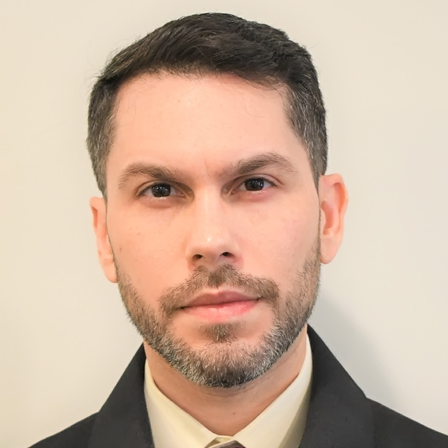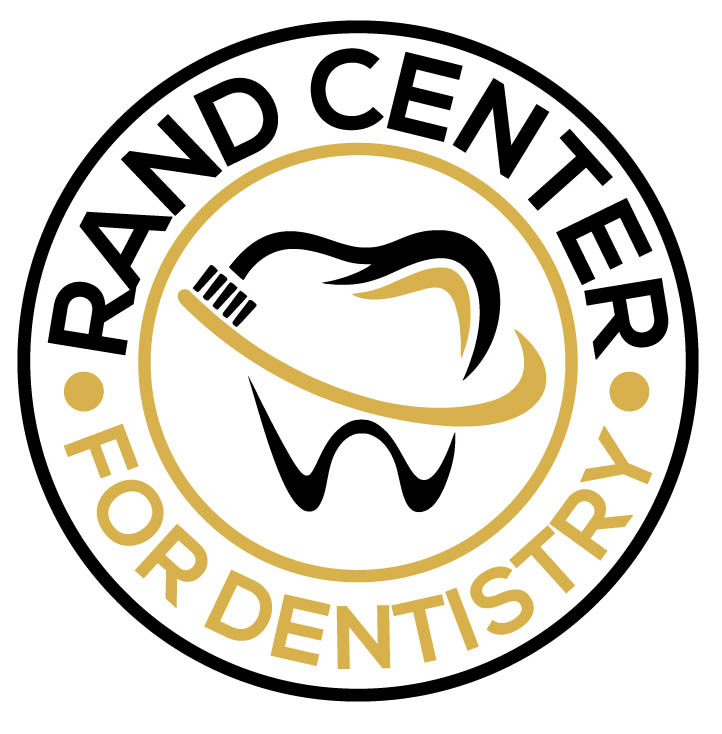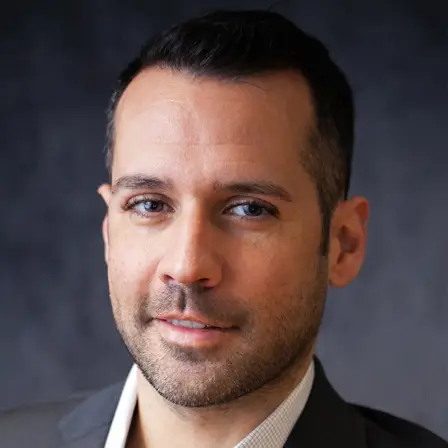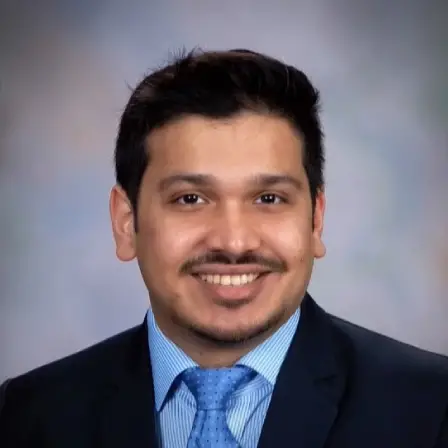![Rand Center for Dentistry Rand Center for Dentistry]()
Dr. Jeffrey Kim
Oral surgery includes any surgical procedure we perform in and around your mouth or on your jaw to address various problems. Some dental issues require more than just a straightforward procedure or medication. In such cases, we perform oral surgery procedures like gum grafts, extractions, dental implant placement, and others.
When you visit our clinic with a dental concern, we will recommend suitable treatment and determine whether or not you are a candidate for oral surgery.
Tooth Extraction
Extreme tooth decay that cannot be addressed through other procedures may require tooth extraction. During your oral surgery for tooth extraction, we put a numbing agent on the site of the surgery so that the procedure becomes painless. We then extract the tooth, clean the socket, and place a suture in the wound to promote healing. After the procedure, you may be put on medication and asked to refrain from eating hard foods.
Wisdom Teeth Removal
Wisdom teeth are additional molars that can lead to crowding when erupting improperly. Sometimes, your wisdom teeth may not fully erupt at all. Both these cases require oral surgery. This outpatient procedure is performed under light sedation to relieve anxiety and pain. The recovery is quick and easy.
Dental Implants
Dental implants have become a popular treatment option to restore smiles after tooth loss. We replace your missing teeth with artificial ones that are supported by implants. An implant made using titanium acts as a tooth root and is surgically placed into your jawbone. Dental implants improve your smile and oral health significantly.
Apicoectomy
When a root canal treatment cannot be completed because your root is hooked at the bottom, we may perform an apicoectomy to address the concern. This surgery involves removing the top of your tooth root and filling the cavity with an inert material. The surgery keeps infection away.
Obstructive Sleep Apnea
People who suffer from obstructive sleep apnea experience a lot of discomfort. This condition leads to a low level of oxygen while you are asleep and must be addressed in time. Several types of OSA surgeries may be performed after diagnosing your condition. We may perform surgery to alter the structure of your palate, jaw, or upper airway or remove tissue from your throat and soft palate.
How Does Dental Sedation Help?
Sedation has been used in dentistry for a long time and is mainly intended to ease the patient’s nerves, numb the oral tissues, and in some cases, induce deep sleep. Some of the common types of sedation we use for oral surgery are nitrous oxide, oral sedatives in the form of pills, and intravenous sedation that is administered directly into the vein. They help our patients stay calm and composed during oral surgeries, and keep them from enduring pain and discomfort.
Please reach out to our dental practice in Flanders, NJ, to schedule a consultation with one of our dentists and learn more about oral surgery. You can contact our dentist in Flanders, NJ, at (973) 370-8917 or schedule your consultation online.














